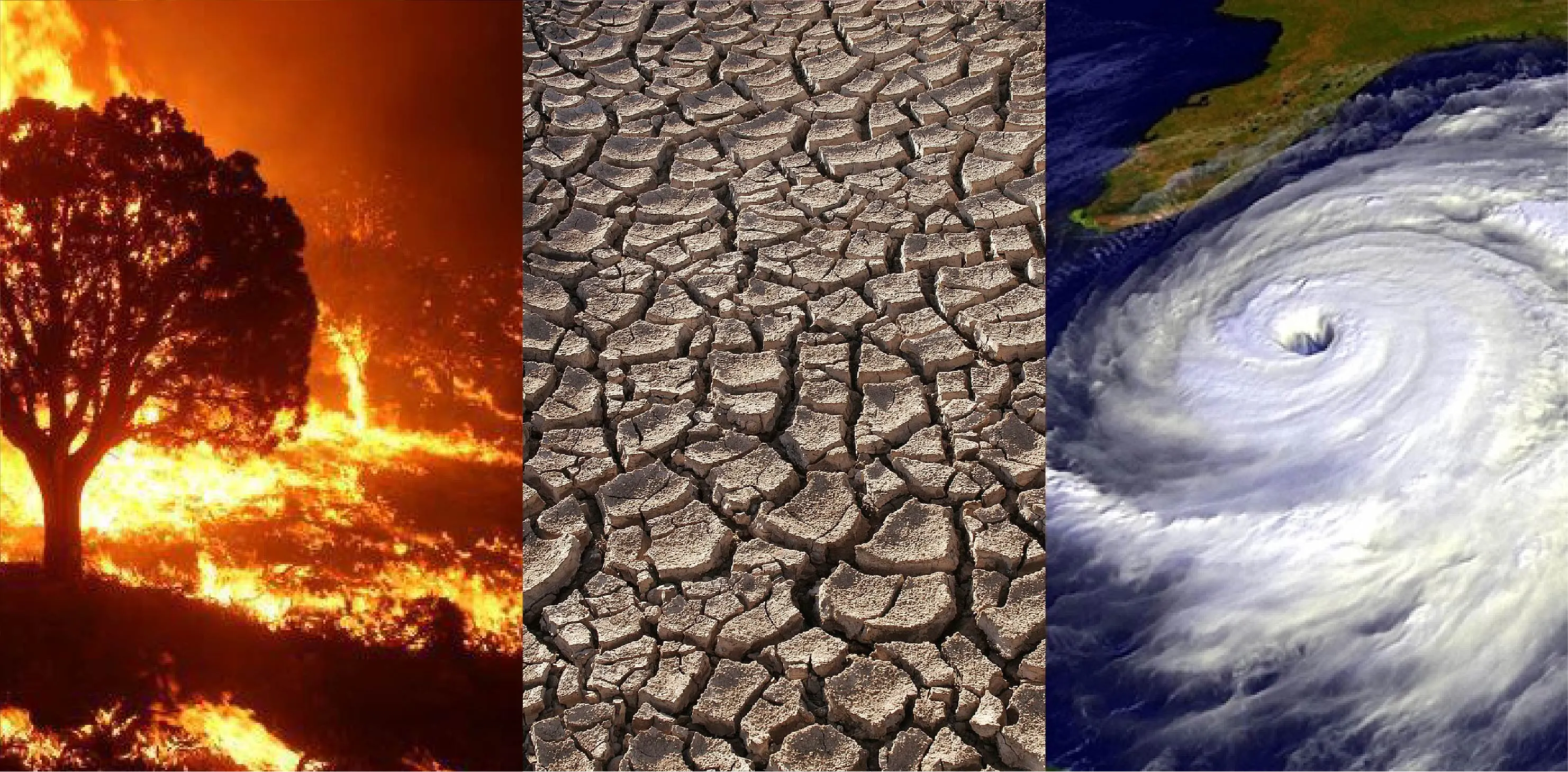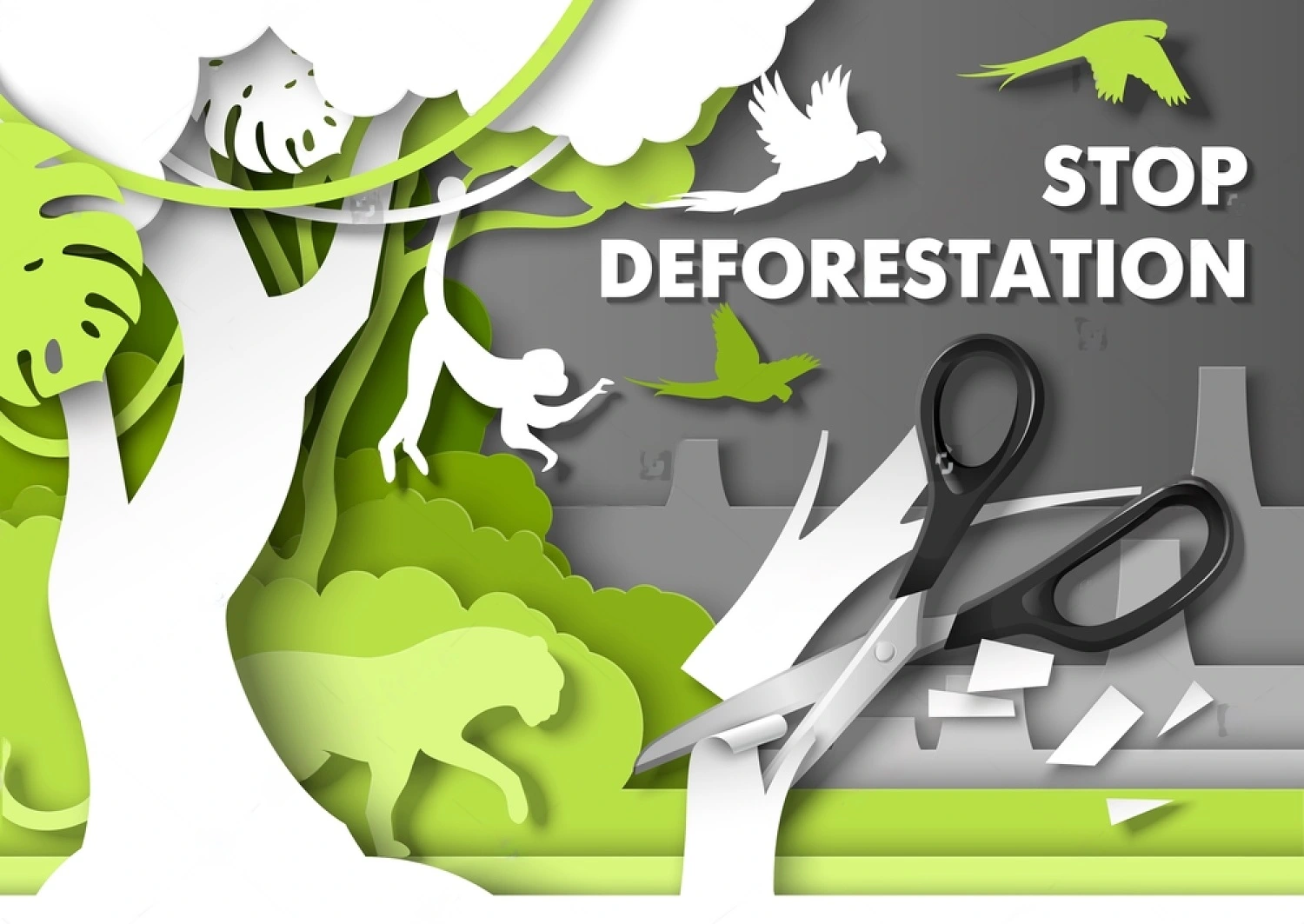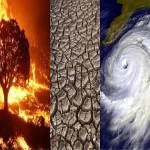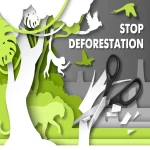Introduction
Trees are indispensable to Earth's health, providing numerous benefits that sustain life. As deforestation continues unchecked, the absence of trees poses severe threats to our environment. This blog explores the catastrophic consequences of a world without trees and underscores the urgency of forest conservation.
1. Escalating Global WarmingTrees act as carbon sinks, absorbing carbon dioxide and mitigating the greenhouse effect. Without trees, the concentration of carbon dioxide in the atmosphere rises, intensifying global warming. This leads to extreme weather events, rising sea levels, and significant disruptions to ecosystems and human societies.
2. Habitat Destruction and Species ExtinctionForests are rich habitats that support diverse wildlife. The removal of trees destroys these habitats, leading to the extinction of many plant and animal species. This loss of biodiversity weakens ecosystem resilience, reducing nature's ability to adapt to environmental changes and impacting food chains and human livelihoods.
3. Increased Soil ErosionTrees prevent soil erosion by anchoring the soil with their roots. Without trees, soil becomes vulnerable to erosion by wind and water. This depletes fertile topsoil, decreases agricultural productivity, and contributes to desertification, turning once fertile lands into barren deserts.
4. Disruption of the Hydrological CycleTrees play a vital role in the hydrological cycle by absorbing and releasing water. Their absence disrupts this cycle, leading to altered rainfall patterns, increased droughts, and flooding. This impacts water availability for drinking, agriculture, and industry, exacerbating water scarcity and threatening food security.
5. Declining Air QualityTrees act as natural air purifiers, filtering pollutants and producing oxygen. Without trees, air quality deteriorates, leading to higher levels of pollutants such as carbon monoxide, sulfur dioxide, and particulate matter. Poor air quality causes respiratory and cardiovascular diseases, affecting human health and well-being.
6. Economic ConsequencesForests provide valuable resources such as timber, non-timber products, and ecosystem services. The absence of trees results in the loss of these resources, impacting industries and economies that depend on them. Additionally, the costs associated with environmental degradation and disaster management strain national and global economies.
ConclusionThe absence of trees brings about profound and far-reaching consequences, threatening the environment, biodiversity, and human societies. It is crucial to recognize the importance of trees and take immediate action to conserve and restore our forests. By promoting sustainable practices, supporting reforestation efforts, and raising awareness, we can protect our planet and ensure a sustainable future for all. Let’s join hands in preserving our trees and safeguarding the Earth for generations to come.







